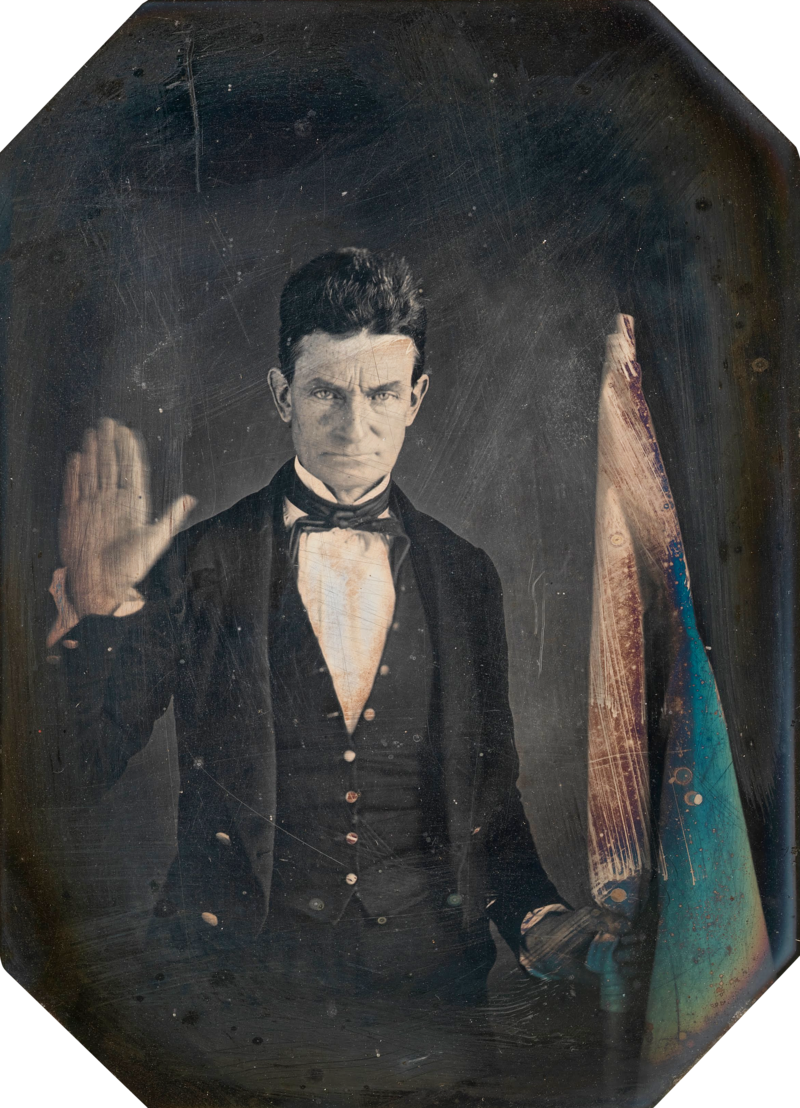John Brown, the militant abolitionist most famous for his failed raid on the U.S. arsenal at Harper's Ferry, Virginia (now West Virginia), was born May 9, 1800 in Torrington, Connecticut. Brown felt that violence was necessary to end American slavery, as years of speeches, sermons, petitions, and moral persuasion had failed. |
Lawrence by pro-slavery forces (May 21), and possibly also to the caning of the Free Kansas supporter, Massachusetts Senator Charles Sumner (May 22). Brown then commanded anti-slavery forces at the Battle of Black Jack (June 2) and the Battle of Osawatomie (August 30, 1856).
0 Comments
Leave a Reply. |
CTROL BlogThis blog will be used by Center Staff to post articles addressing issues concerning the Rule of Law and how it is taught and understood in our communities, nation, and world. Categories
All
|

 RSS Feed
RSS Feed